- Home Page
- Company Profile
-
Our Products
- Active Pharmaceutical Ingredients
- CYCLOPROPYLMETHANOL CAS NO - 2516-33-8
- 7 Chloro Quanalidine
- 2-CHLORO-1-(3-HYDROXYPHENYL) ETHAN-1- ONE
- 3,4-DIHYDROXY-5-NITRO BENZALDEHYDE
- Oxcarbazepine API
- 1-(3-CHLOROPROPYL)-4-(3-CHLOROPHENYL) PIPERAZINE HYDROCHLORIDE
- Duloxetine Hydrochloride
- Trichlorocarbanilide Chemical
- 3,7-DIMETHYL-1H-PURINE-2,6-DIONE (THEOBROMINE )
- AMINO,3 5-DIBROMO BENZALDEHYDE
- 2-(2-METHOXY PHENOXY) ETHYLAMINE HYDROCHLORIDE
- Sertraline Hydrochloride
- Levocetrizine API
- Dompredone API
- Sodium Ascorbyl Phosphate
- Carbamazepine API
- 1-HYDROXY-4-METHYL-6-(2,4,4-TRIMETHYL PENTYL)-2-(1H)-PYRIDINONE 2-AMINO ETHANOL
- Phenylephrine Hydrochloride
- Bilastine API
- Ethyl Hexyl Glycerine
- Telmesartan API
- Theobromine API Powder
- Etoricoxib API
- Fluconazole API
- [1,2,4] TRIAZOLO [4,3-A] PYRIDINE-3(2H)-ONE
- Clopidogrel Busulphate
- 2-(2-METHOXY PHENOXY) ETHYL AMINE (BASE)
- 6- CHLORO 2- HEXANONE
- Pharmaceutical Intermediate
- 1-(3-Chlorophenyl) piperazine
- Corey lactone diol
- 6-Chloro-2- Hexanone
- Piroctone Olamine
- Phenylephrine Base
- Ethyl Hexyl Salicylete
- 4-Hydroxy Coumarin
- Diamino Pyrimidine Oxide
- Avobenzone Chemical
- Dibromo Neopentyl Glycol
- 3,4-Dihydroxy 5-Nitrobenzaldehyde
- Chlorhexidine Base
- Ethyl Hexyl Triazone
- (S)-(-)-N,N-Dimethyl-3-hydroxy-3-(2-thienyl) propanamine
- Ketosulfane Drug
- Homosalate Cosmetic Grade
- 1-3-Chloro Phenyl - 4 -3-Chioro Propyl Piperazine HCL
- 10-Methoxy Imenostilbine
- 2-Amino-3,5-Dibromo Benzaldehyde
- 2 - Ethoxyethyl 4-methylbenzenesulfonate
- Active Pharmaceutical Ingredients
- Contact Us
2-CHLORO-1-(3-HYDROXYPHENYL) ETHAN-1- ONE
7500 INR/Kilograms
Product Details:
X
2-CHLORO-1-(3-HYDROXYPHENYL) ETHAN-1- ONE Price And Quantity
- 7500 INR/Kilograms
- 1000 Kilograms
2-CHLORO-1-(3-HYDROXYPHENYL) ETHAN-1- ONE Trade Information
- 1000 Kilograms Per Day
- 1 Week
- Contact us for information regarding our sample policy
Product Description
2Chloro13hydroxyphenylethan1one is an organic compound featuring a chlorosubstituted ethanone group with a hydroxylated aromatic ring Heres a detailed overview of the compound
Chemical Information
Chemical Name 2Chloro13hydroxyphenylethan1one
Chemical Formula C8H9ClO2
Molecular Weight 17061 gmol
Structure
The compound consists of a chloro group Cl at the 2position of an ethanone acetyl group
The 13hydroxyphenyl part indicates a phenyl ring benzene with a hydroxyl group OH at the 3position ie a hydroxyl group on the meta position of the phenyl ring
The structure can be described as a chloroketone with a hydroxyphenyl substitution
Physical Properties
Appearance Usually a pale yellow or offwhite solid
Melting Point 8590C subject to purity and specific conditions
Boiling Point Not readily available but expected to be around 250270C
Solubility
Slightly soluble in water due to the hydroxyl group but more soluble in organic solvents like ethanol methanol acetone and dichloromethane
Applications
1 Intermediate in Organic Synthesis
The compound is commonly used as an intermediate in the synthesis of various pharmaceuticals agrochemicals and fine chemicals
Its functional groups chloro and hydroxy make it versatile for further chemical modifications like nucleophilic substitutions reduction reactions and coupling reactions
2 Pharmaceutical Chemistry
Potential precursor for synthesizing biologically active compounds particularly those that require a hydroxyphenyl group which is a motif in many drugs
The chloro group enhances electrophilic reactivity and makes it reactive in further derivatizations
3 Research Applications
Used in chemical research for investigating reactions involving chloro ketones and phenolic derivatives
May also be studied for potential antimicrobial antiinflammatory or other therapeutic properties
Reactivity
Chloro Group Cl
The chloro substituent makes the carbonyl carbon more electrophilic allowing for nucleophilic substitution reactions eg replacement by amines alcohols or thiols
It can also participate in halogenation reactions adding to its synthetic versatility
Hydroxy Group OH
The hydroxyl group at the 3position on the phenyl ring is an electrondonating group which increases the nucleophilicity of the aromatic ring and may facilitate electrophilic aromatic substitution eg nitration sulfonation
It can also undergo esterification or etherification under appropriate conditions
Ketone Group CO
The carbonyl group is reactive in various condensation reactions and can undergo nucleophilic attack or reduction to form alcohols
Safety and Handling
Hazards
The compound should be handled with care as the chloro group can be irritating to the skin eyes and respiratory tract
It may also be harmful if ingested or inhaled
Handling
Wear gloves goggles and a lab coat Handle in a wellventilated area preferably under a fume hood
Storage
Store in a cool dry place away from light and moisture Ensure that the container is tightly sealed to prevent contamination
Synthesis
General Synthesis Route
This compound can be synthesized by reacting 3hydroxyacetophenone or 3hydroxyphenylethanone with a chlorinating agent such as thionyl chloride SOCl or phosphorus trichloride PCl
Another approach could involve the FriedelCrafts acylation reaction where a chloroacetyl group is introduced to the hydroxylsubstituted aromatic ring
Would you like more details on its synthetic routes or would you prefer to explore its reactivity in more depth
Tell us about your requirement

Price:
Quantity
Select Unit
- 50
- 100
- 200
- 250
- 500
- 1000+
Additional detail
Mobile number
Email

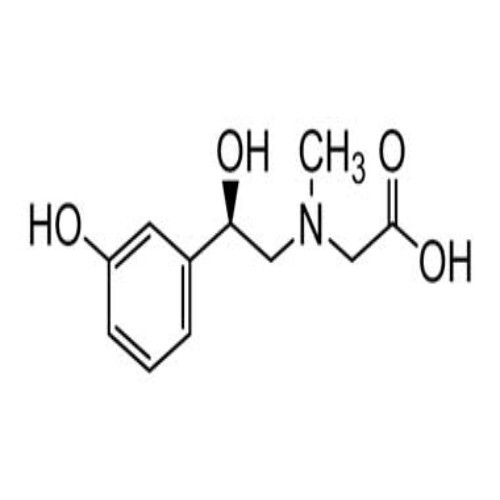

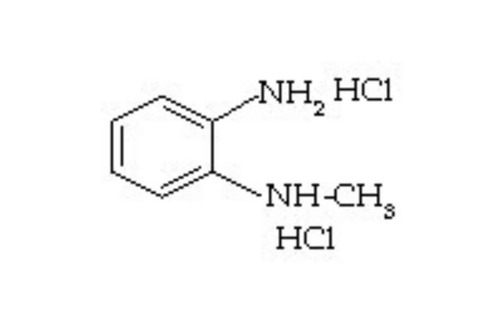
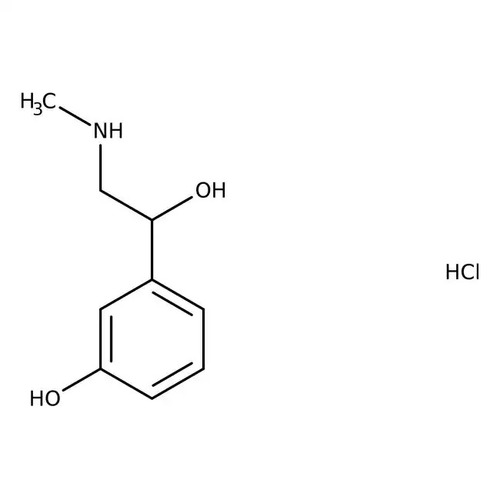
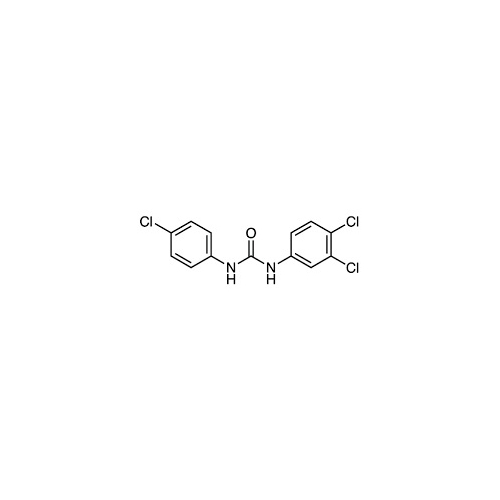
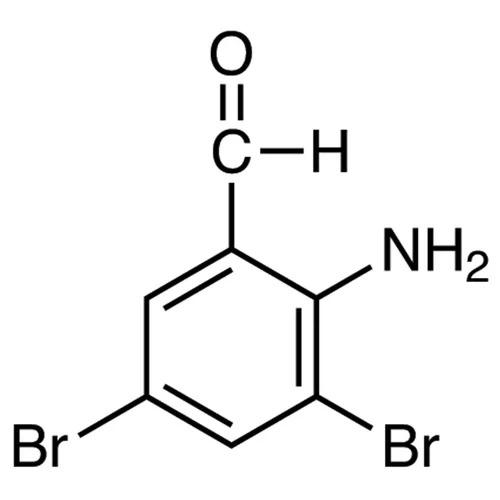
 Send Inquiry
Send Inquiry  Send SMS
Send SMS  Call Me Free
Call Me Free 
 English
English Spanish
Spanish French
French German
German Italian
Italian Chinese (Simplified)
Chinese (Simplified) Japanese
Japanese Korean
Korean Arabic
Arabic Portuguese
Portuguese